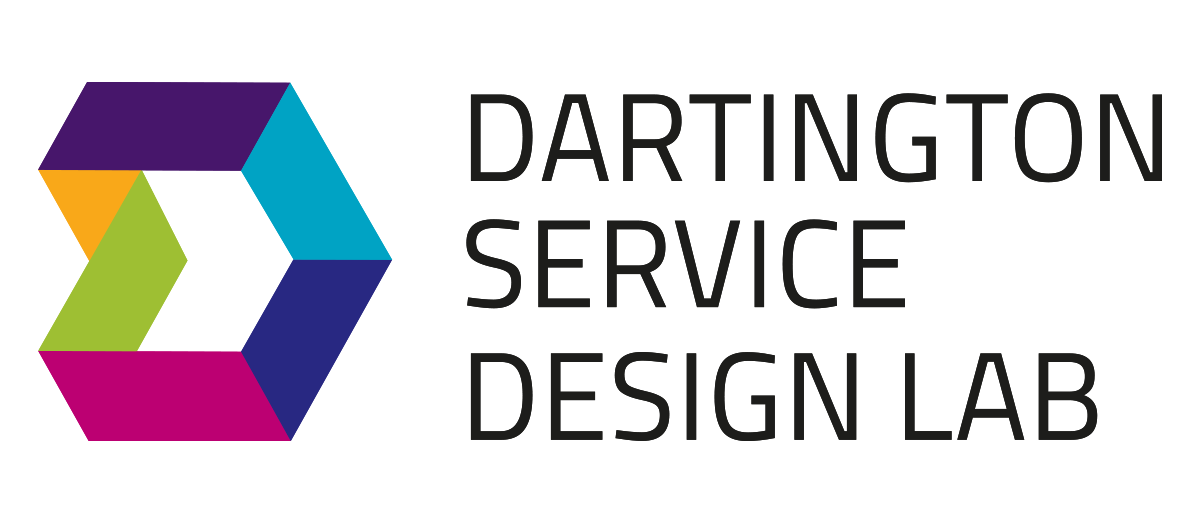Comic Relief’s Rise and Shine programme funds organisations supporting early childhood development for vulnerable families in the UK and globally. Earlier this year, grantees came together for a day of reflection and learning, facilitated by Dartington Service Design Lab, the Learning Partners for the fund.
The goal of the learning event was to create a space where UK Rise and Shine grantees could reflect on what they’ve learnt to date, to inform their planning for the future as the funding programme nears its conclusion.
Read More